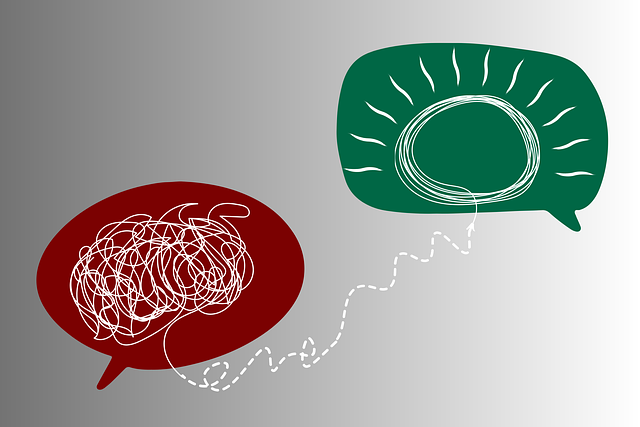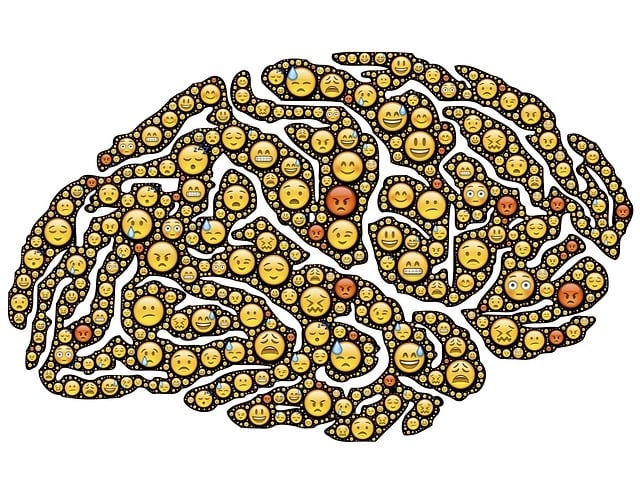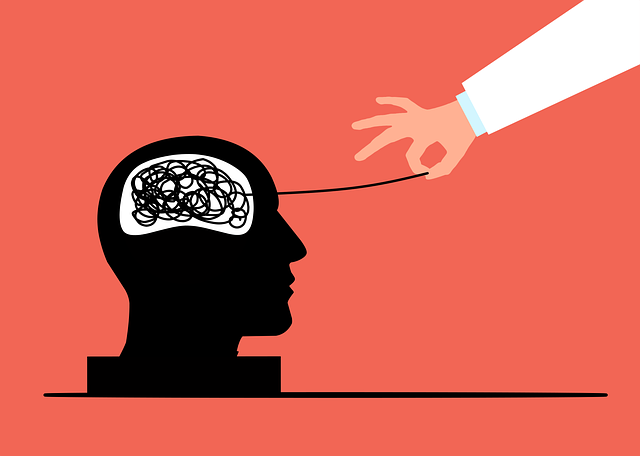Broomfield Gambling Therapy emphasizes cultural sensitivity as a cornerstone for effective mental healthcare in diverse societies. By understanding and respecting clients' cultural perspectives, therapists build trust, improve engagement, and tailor treatments to unique backgrounds, leading to better outcomes. This holistic approach incorporates specialized training, crisis intervention guidance, and resilience-building techniques. Overcoming cultural barriers, such as language differences and diverging therapeutic beliefs, involves strategies like interpreters, mindfulness meditation, and personalized therapeutic techniques. By aligning treatment with individual cultures, Broomfield Gambling Therapy enhances inclusivity, improves access to care, and serves as a model for culturally responsive mental healthcare practices.
In today’s diverse society, cultural sensitivity is a cornerstone for effective mental healthcare. The article delves into this vital topic, exploring strategies to enhance patient care through culturally responsive practices. We discuss the Broomfield Gambling Therapy Approach, which incorporates cultural awareness, and identify common cultural barriers in therapy and their solutions. Additionally, we provide tailored treatment strategies and emphasize the importance of continuous learning and adaptation for equitable mental health care, ensuring every patient receives personalized support.
- Understanding Cultural Sensitivity: A Cornerstone for Effective Mental Healthcare
- The Broomfield Gambling Therapy Approach: Incorporating Cultural Awareness
- Identifying Cultural Barriers in Therapy: Challenges and Solutions
- Tailoring Treatment: Strategies for Culturally Responsive Practice
- Continuous Learning and Adaptation: Ensuring Equitable Care in Mental Health
Understanding Cultural Sensitivity: A Cornerstone for Effective Mental Healthcare

Understanding cultural sensitivity is a cornerstone for delivering effective mental healthcare. In a diverse society like Broomfield, where individuals from various ethnic backgrounds and cultures reside, it’s crucial for mental health professionals to recognize and respect the unique perspectives, beliefs, and practices of their clients. This involves not only understanding cultural differences but also incorporating them into treatment plans. By integrating cultural sensitivity into the fabric of mental healthcare practice, therapists at Broomfield Gambling Therapy can foster trust, improve engagement, and enhance outcomes.
Cultural sensitivity in mental healthcare practice goes beyond mere awareness; it requires professionals to adapt their approaches based on clients’ backgrounds. This may involve learning about specific cultural traditions, values, and communication styles that influence mental wellness. Well-designed mental health education programs equip therapists with the knowledge and skills needed to navigate these nuances effectively. Through continuous learning and reflection, professionals can ensure they provide culturally sensitive care, ultimately contributing to more inclusive and effective mental health services in our diverse communities.
The Broomfield Gambling Therapy Approach: Incorporating Cultural Awareness

The Broomfield Gambling Therapy Approach emphasizes cultural awareness as a cornerstone of its treatment methodology. Recognizing that gambling behaviors and their underlying causes can be shaped by an individual’s cultural background, this approach tailors interventions to address unique needs. By integrating cultural sensitivity into every aspect of therapy, healthcare providers using the Broomfield Gambling Therapy can offer more effective support. This involves understanding not only a client’s racial or ethnic identity but also their specific cultural practices, beliefs, and values related to gambling.
Incorporating cultural awareness enriches the therapeutic process by providing context for challenging behaviors and facilitating deeper connections between clients and therapists. Healthcare Provider Cultural Competency Training plays a vital role here, equipping professionals with the skills to navigate diverse cultural landscapes. The Broomfield Gambling Therapy Approach also draws on Crisis Intervention Guidance and Resilience Building techniques, ensuring that cultural sensitivity is not just an add-on but an integral part of addressing gambling-related issues, ultimately enhancing the success of treatment outcomes.
Identifying Cultural Barriers in Therapy: Challenges and Solutions

Identifying cultural barriers in therapy is a critical step for mental healthcare professionals aiming to provide effective treatment, especially in diverse communities like Broomfield Gambling Therapy areas. These barriers can manifest as language differences, differing therapeutic beliefs, or unique challenges tied to an individual’s cultural background. For instance, a client from a non-Western culture might find traditional talk therapy unsettling due to its emphasis on direct eye contact and personal disclosure, which may be contrary to their cultural norms of modesty and respect for authority.
Overcoming these challenges requires a multifaceted approach. Effective communication strategies, such as utilizing interpreters or learning basic phrases in the client’s language, can bridge the linguistic gap. Mindfulness meditation, a practice gaining traction globally, offers a culturally sensitive avenue for clients to explore their mental health. Additionally, tailoring therapeutic techniques to respect cultural values fosters a safe and supportive environment, encouraging open dialogue. Burnout prevention is also key; understanding and accommodating these unique needs ensures therapists remain engaged and effective in serving diverse communities.
Tailoring Treatment: Strategies for Culturally Responsive Practice

In the realm of mental healthcare, cultural sensitivity is a game-changer that can significantly impact patient outcomes. Tailoring treatment plans to align with an individual’s cultural background and beliefs ensures a more effective and personalized approach, such as those offered by Broomfield Gambling Therapy. This strategy involves employing culturally responsive practices, which go beyond basic awareness; it requires mental health professionals to actively incorporate the client’s cultural values and traditions into therapy sessions. For instance, for patients from diverse ethnic backgrounds, incorporating specific self-care practices like Mindfulness Meditation or Mental Wellness Journaling Exercises can foster a deeper connection during treatment.
By integrating these cultural elements, therapists create an inclusive environment that respects individual identities. This approach not only enhances the therapeutic experience but also encourages clients to engage more openly and honestly in their healing journey. It allows professionals to address unique challenges faced by culturally diverse individuals while offering tailored guidance, ultimately improving access to quality mental health services for all.
Continuous Learning and Adaptation: Ensuring Equitable Care in Mental Health

In today’s diverse society, mental healthcare practitioners must embrace continuous learning and adaptation to ensure equitable care for all clients, regardless of their cultural background. This ongoing process involves staying updated with the latest research, best practices, and cultural competencies specific to various communities. For instance, Broomfield Gambling Therapy can serve as a model for integrating culturally sensitive approaches, where professionals are trained to recognize and address unique challenges faced by individuals from different ethnic, racial, or socioeconomic groups. By fostering self-awareness exercises and regular risk assessments for mental health professionals, they can better navigate the complex interplay of culture, identity, and mental health issues.
This commitment to continuous learning should extend beyond formal education. Professionals should actively seek out diverse communities, engage in open dialogues, and incorporate positive thinking strategies to create inclusive environments that resonate with clients’ cultural values and beliefs. Such proactive measures not only enhance the quality of care but also foster trust and build stronger relationships between mental health professionals and the communities they serve.
Cultural sensitivity is no longer a consideration—it’s an imperative in modern mental healthcare. By adopting approaches like the Broomfield Gambling Therapy, which emphasizes cultural awareness, practitioners can overcome barriers and provide tailored, equitable care. Continuous learning and adaptation are key to ensuring every individual receives respectful, culturally responsive treatment, fostering healing and positive outcomes for all.












